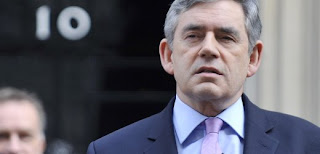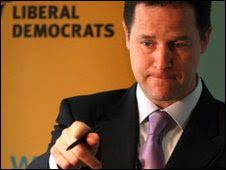
The European Union has trading advantages and the member countries are enjoying different incentives of the
Billions of € are used for Subsidies each year. Objective is helping disadvantaged industries of niece markets develop or survive. However the question is if the money really reaches it original target.
The Sueddetusche Zeitung published a massive article last week about this topic. It is questioned if the “cash” goes to firms and sectors in need or is it just consumed by some privileged Multinational. I agree with the news in saying that it is a very difficult task in researching, controlling and supervision the usage of such cash.
The federal agency for agriculture and nutrition published numbers last week and the result was embarrassing:
- The creamery Nordmilch, a big Multinational, received 51.1 Million €
- SuedZucker received 42,9 Million €
- Pfeifer und Lange: 17.5 Million €
The website of the European Commission takes in a very objective point of view as I thought before. Who else should be more “objective” in this case?
According to The Guardian, the whole situation has to be structured and long term plans have to be made. A statement "We need to get away from food mountains and the race for the bottom and create a more sustainable future" shows the curiosity, but also the present dilemma. In this case The Guardian tries to indicate different present issues and wants to give the reader a feeling for different problems connected to the topic. I like the wording; it stimulated my imagination a lot.
Another article of The Guardian (Who's creaming off EU subsidies?), states about the export support of British dairy products. I really need to quote this:
“The biggest winner, Fayrefield Foods, was able to bank more than £22m over two years, 2004 to 2005. Philpot Dairy Products, the export arm of Dairy Crest, which owns well-known brands such as Country Life and Clover, also claimed a total of almost £22m. These levels of subsidy are enormous relative to the size of the companies: the £10m claimed by Fayrefield Foods in 2004 was worth almost 10 per cent of its turnover, for example, and dwarfed its profits, which were less than £1m. Nestle, whose export of skimmed-milk powder to developing countries has long been controversial, received more than £7m.
The total cost of the dairy subsidy regime across the EU is more than €1bn. Dairy farmers receive some subsidies directly, but much of the money goes to processors and exporters - who are paid by EU taxpayers - to underpin prices”.
This article is wonderful and uses many different examples how the money of the EU is used for different purposes, in technical language this is also called “subsidies” (irony).
The Global Subsidies Initiative (GSI) states hard movements against fraud and abuse of subsidies from member countries of the EU. This shows to me that Corruption is also present in the EU. Clarity of Responsibility is still not given in many situations.
I think that subsidies should be there to stimulate a market in its introduction phase. Other long term subsides like seen in the photovoltaic will just an imbalance into the system. In comparison the “small wind turbine sector” is crawling around and heavily needs governmental support to kick off.

The different newspapers mention imbalanced situations and I think it can even be seen as “fraud” because the purpose of the original intention is not shifted by accident. The system is used by some individuals and there should be more control and action to prevent an abuse of such important mechanism.
The complex topic offers a lot of possibilities to get cash. In my opinion there are always so many options to sneak around or work on a personal advantage. I think that what counts for the EU right now is the “big picture”. The EU has to concentrate on the financial situation (e.g. Greece) and the structuring for the next decade and new member countries. As mentioned in several blogs before, the EU will get more and more competitors from around the world (e.g. China, Brazil...) but as more challenge there is the more possibilities exist also to set oneself apart.
Therefore helpful mechanisms of control should be used appropriate but the main focus should be on growth, financial balance and communication inside the EU.
Sources:
Sueddeutsche Zeitung:
http://www.sueddeutsche.de/wirtschaft/395/509525/text/
European Commission:
http://ec.europa.eu/agriculture/grants/index_en.htm
The Guardian (1):
http://www.guardian.co.uk/business/2010/apr/01/energy-industry-policy-tariffs-renewables
The Guardian (2):
http://www.guardian.co.uk/business/2006/may/21/europeanunion.food
The Global Subsidies Initiative (GSI)
http://www.update.dk/cfje/VidBase.nsf/ID/VB01594377



